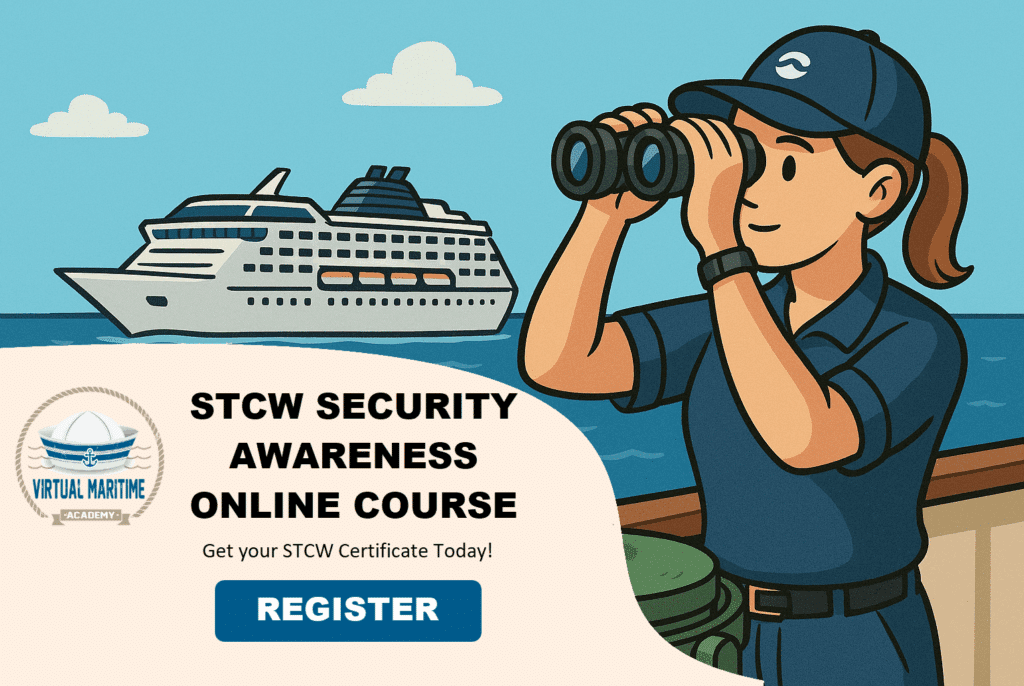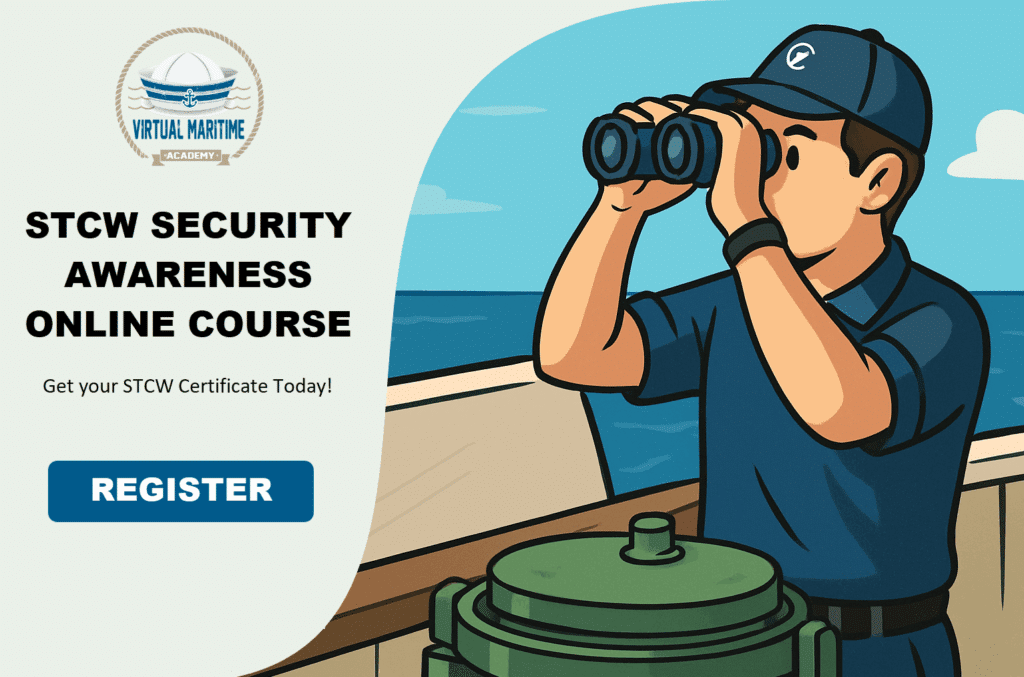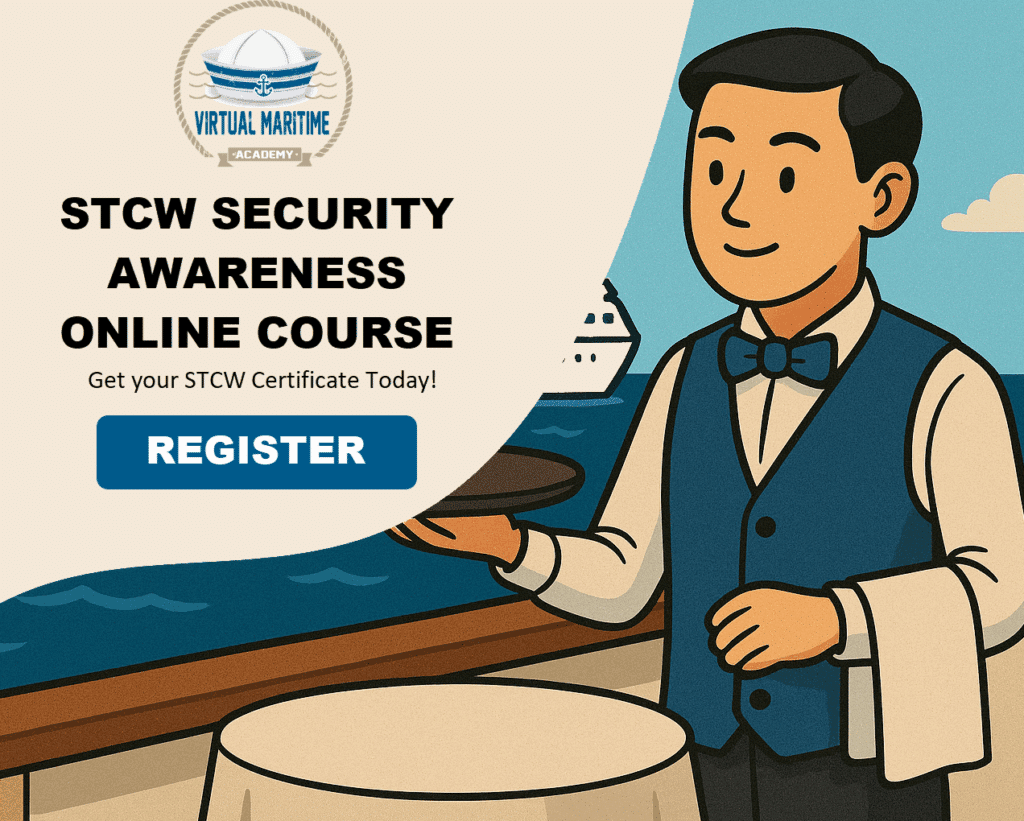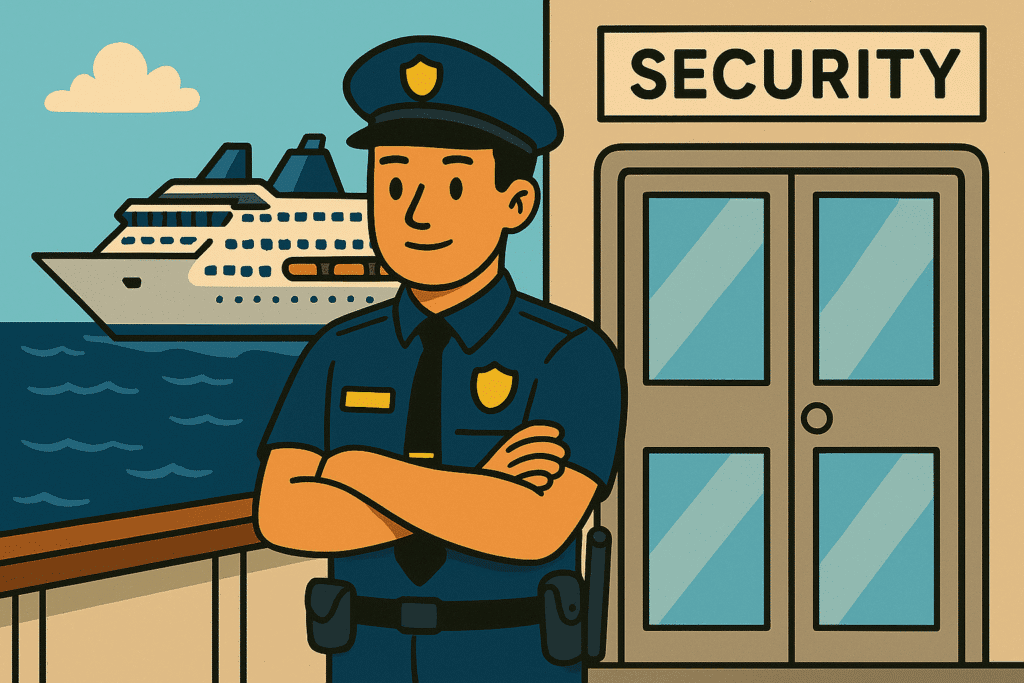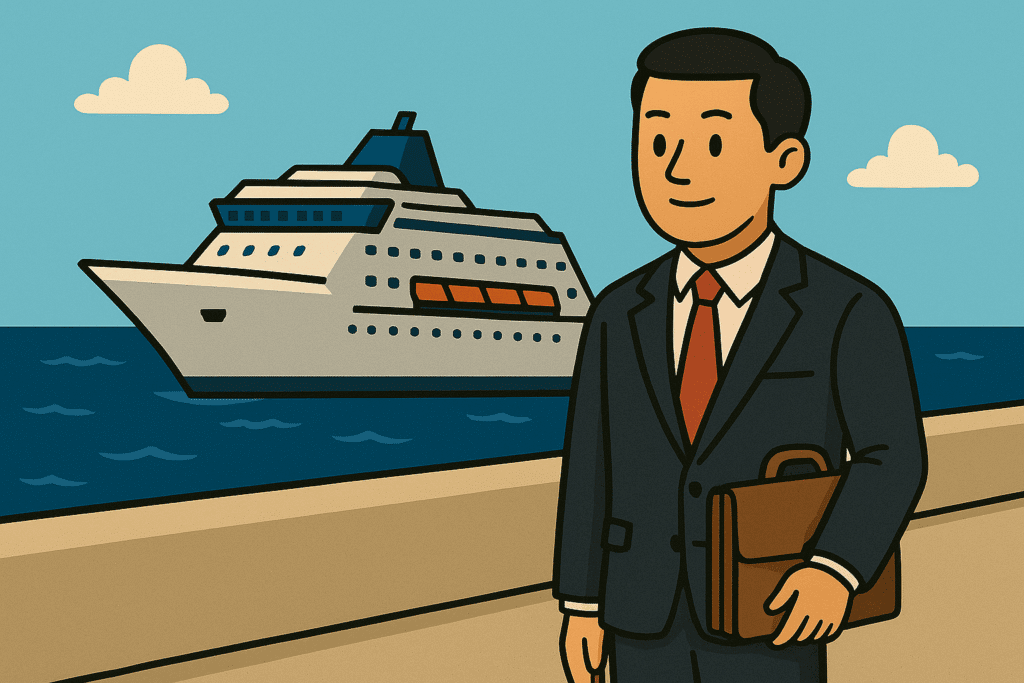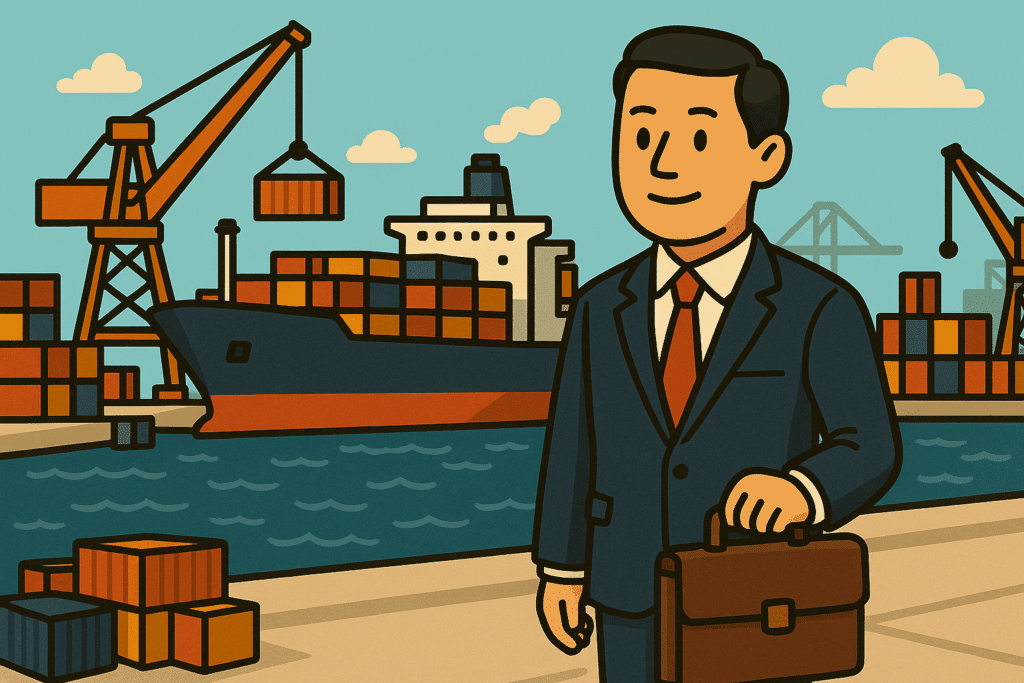Understanding Your Emergency Duties: Roles and Responsibilities
When an emergency strikes, being prepared and knowing your specific role can significantly impact the outcome. Whether it’s a natural disaster, a medical emergency, or a fire, understanding your responsibilities can be the difference between chaos and coordinated response. This guide will explore various emergency duties, highlighting the roles and responsibilities each person might hold in ensuring safety and order during emergencies.
Household Emergency Duties
In a household setting, it’s crucial that every family member knows their role during emergencies. Assigning specific duties can streamline coordination and response. For instance, one member could be responsible for grabbing the emergency kit, another for securing pets, and someone else for checking on neighbors. Important responsibilities include:
- Emergency Communication Plan: Ensure everyone knows how to contact each other if separated. Designate a family member responsible for initiating the communication chain.
- Evacuation Plan: Assign a person to lead the evacuation, ensuring all members know the escape routes and meet-up points.
- Emergency Supplies: Designate someone to maintain the emergency kit, checking it regularly for expired or depleted items.
Workplace Emergency Duties
In the workplace, a clear understanding of emergency roles and responsibilities is vital for employee safety. Employers should establish an emergency action plan, identifying and training employees for specific roles, such as:
- Evacuation Warden: Takes charge of ensuring all employees evacuate safely and checks that all areas have been cleared.
- First Aid Providers: Administers basic first aid until professional medical help arrives.
- Communication Officer: Coordinates with external emergency services and provides updates to employees and stakeholders.
Community Emergency Response Teams (CERTs)
In many communities, volunteers form CERTs to assist in emergency response. These teams support professional responders, offering critical assistance such as:
- Search and Rescue: Locating and assisting people in distress.
- Medical Triage and First Aid: Providing initial medical evaluation and care.
- Damage Assessment: Reporting on community infrastructure and needs to professional responders.
Professional First Responders
Professional first responders, including firefighters, police, and EMTs, have highly specialized roles during emergencies. Their responsibilities include:
- Firefighters: Focus on fire suppression, rescue operations, and hazard containment.
- Police Officers: Ensure public safety, secure perimeters, and manage crowd control and traffic.
- EMTs and Paramedics: Provide advanced medical care and transport critically injured or ill individuals to medical facilities.
Conclusion
Effective emergency response requires a well-coordinated effort from individuals across various roles. By understanding and fulfilling our emergency duties carefully, we can contribute to a more organized and effective response, potentially saving lives and minimizing damage. It’s essential for households, workplaces, and communities to regularly review and practice their emergency plans, ensuring that everyone knows their responsibilities when actual emergencies occur.




